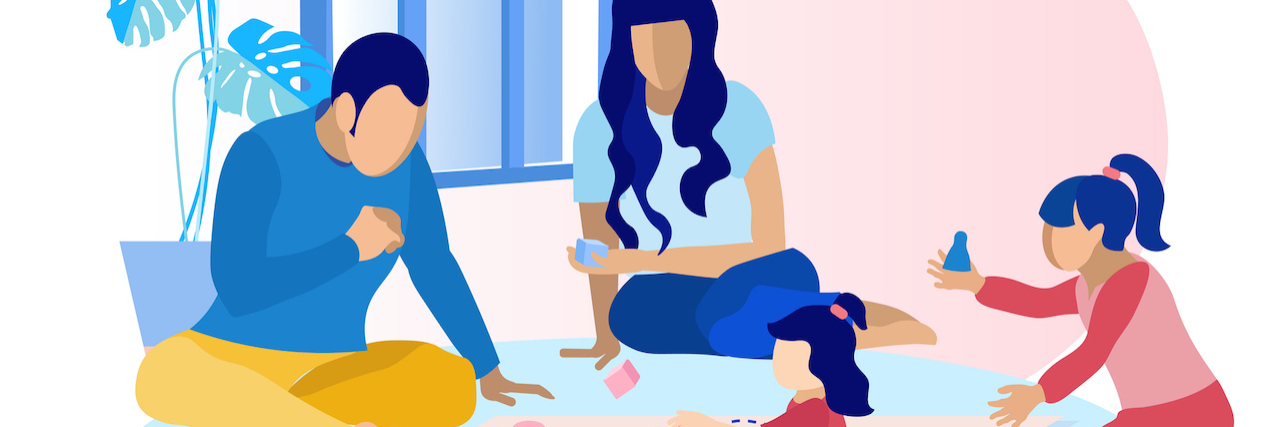How I'm Reframing Family as an Abuse Survivor
Editor's Note
If you’ve experienced sexual abuse or assault, the following post could be potentially triggering. You can contact The National Sexual Assault Telephone Hotline at 1-800-656-4673.
I never thought I would be applying the words ”abused” and “traumatized” to myself as a young adult. Yet, here I am. As a survivor of incest and emotional abuse, I question myself about my experiences. Besides the impact of the sexual abuse, I have been forced to reevaluate my idea of family. Incest is a very real issue, but is one that is hardly addressed. Seen as a taboo, incest is often swept under the rug. The problem with this is it does not address the concept of family and the impact the abuse has on the adult survivor.
For a while, I was able to hide my abuse and go on with my life as if nothing was wrong. I was able to fool everyone into thinking that everything was normal, whatever that meant. I did not dare expose my dark family secret. I became so used to the abuse that I became desensitized. But there was always a part of me that told me the abuse was wrong, that there was something wrong with my family. Still, I shoved the thought aside, unwilling to accept it. Until that fateful day when it was exposed. I was in shock and felt violated. How could someone expose the abuse without my knowledge?
Ever since, I have been caught in a whirlwind of mixed emotions and intrusive thoughts. I have been plagued by thoughts of self-hatred, self-harm and suicide. I have had good days where I have made progress in my healing and I’ve felt proud of myself. There are days where I have relapsed and fallen apart. But no matter what, I keep going back to the concept of family. What does it mean? What is it supposed to do? Throughout my healing journey I have slowly begun to learn what a healthy, functional family is, in comparison to my abusive and dysfunctional one.
Family means safety: families, and especially parents, have a moral and legal obligation to protect their children. They are not supposed to prey on their children.
Family means validation and recognition: children are entitled just as anyone else to voice their feelings and concerns. When a child comes forward about something as serious as abuse, it is imperative that the family recognize and validate this.
Family means love and support: since opening up, I have basically been disowned and abandoned. Families are supposed to love and support each other, even when it is difficult.
This reframing of family has helped me to see things more clearly, however for other survivors of this type of abuse, they may struggle with this. I understand why. Family is seen as a positive, loving and safe construct in our society. If anything negative is said about this construct, survivors are often reprimanded and made to feel worse. This reaction is further damaging to the survivor, who may already be struggling with mental health. When I was diagnosed with post traumatic stress-disorder (PTSD) two years ago, I was shocked but also awoken to the reality of how broken my family really was.
Unfortunately, our society blames and shames survivors of abuse. This is unacceptable.
It is up to each one of us to make a change. Everyone has a family; it might not be by blood, but you are never alone. There are people who love you, and that is the greatest lesson I have learned.
Getty image by UnitoneVector

